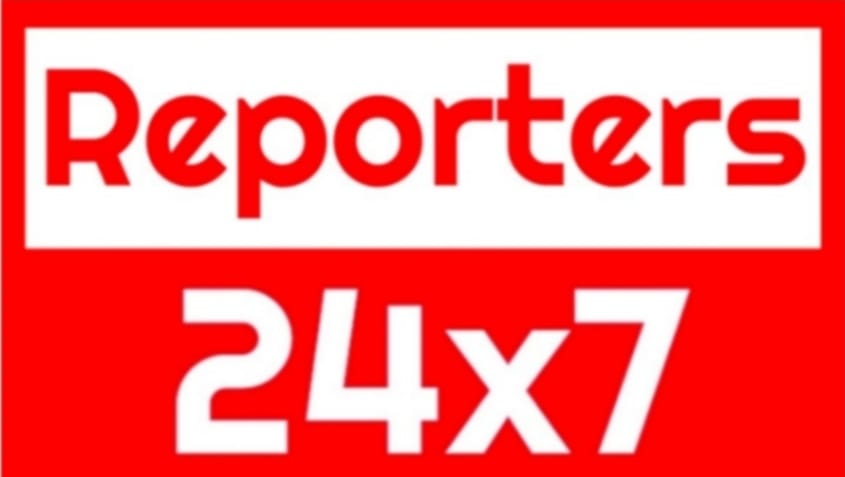This kind of wallet is usually most popular by more skilled Bitcoin users due to its greater trading flexibility, and third-party independence. The primary difference between them is that with a custodial pockets you entrust the non-public key to the third party, while a non-custodial pockets comes with the keys that solely you management. On the contrary, with a custodial wallet, you do not manage non-public keys and you can regain entry to your pockets even should you forgot or misplaced your password. You want web for software program non-custodial wallets when you’re doing transactions. When you utilize a custodial pockets, you join an account with a supplier.
When you want to send cash or do something together with your wallet, you utilize this private key to approve it. A cryptocurrency pockets is a digital software used to keep and manage your digital money safely. Instead, it keeps the particular keys you should access and manage your crypto. For crypto customers looking for the freedom offered by a non-custodial pockets there are a variety of trusted providers along with BitPay Wallet. Some of those embody Trust Wallet, Electrum, Exodus, Edge Wallet, Blockchain.com and MetaMask. Not certain whether or not to maintain your own crypto key or let another person hold it for you?
Instead, they include the common public key, which lets the person arrange transactions, and the personal key, which is used to authorise transactions. Custodial wallets typically have a extra user-friendly interface and expertise, because the custodian handles the technical aspects of wallet management. Non-custodial wallets require the consumer to grasp non-public keys, restoration phrases, and wallet management. Non-custodial crypto pockets holders have sovereign management over their personal keys, and therefore management their funds completely. They don’t must trust a third get together exchange to properly handle their property. A non-custodial wallet is a wallet by which you are answerable for storing and managing your non-public keys.
They provide an choice to custodial vs non custodial wallet put money into cryptocurrency that doesn’t require managing keys or transacting on the blockchain. They do, nonetheless, cost greater fees and solely provide publicity to a fraction of the cryptocurrencies and trading pairs provided on exchanges. You desire a pockets that makes it simple to ship, receive, and handle your property. It means you’ve full management over your funds, not trusting them to exchanges or other companies.
In most cases, these service suppliers may even require identity verification (KYC). You will not have to worry about losing your private key and you’ll contact buyer help when you run into hassle. Many think this is hugely difficult and so default to utilizing https://www.xcritical.com/ a custodial wallet service provider, but at the finish of the day you just need to protected guard 12 or 24 words. We suggest all customers buy and use a Hardware Wallet to generate and retailer their private key and at minimal hold a backup recovery seed phrase card off-site somewhere safe. One of the largest benefits of custodial wallets is their intuitive and accessible design.

A custodial Bitcoin wallet is managed by a third-party entity, which is responsible for the safekeeping of your non-public keys and, subsequently, your Bitcoin. This third-party often takes the type of a crypto exchange like Coinbase, Gemini, or others. Keep in mind that with full management over your belongings also comes larger responsibility. You will want to create a pockets backup and find a secure approach to store your personal keys.
Coinbase Pockets

The system appears like a flash drive and since it isn’t Proof of space linked to the internet, you need to plug it into a PC or mobile phone to entry your crypto wallet and make transactions. Some popular hardware wallets include Ledger non custodial pockets, Trezor, and KeepKey. Deciding between a non-custodial and custodial crypto pockets kind is basically a matter of deciding which features in a wallet are most important to you. Custodial wallets are generally most popular by newcomers and those that worth the set-and-forget nature of managing their crypto via an exchange or different centralized pockets provider.

Non-custodial Vs Custodial Wallets: What’s The Difference?
Generally, centralized exchanges similar to Coinbase and Binance hold users’ private keys for safety and accessibility. This enables investors to entry their funds rapidly and efficiently with just a few clicks. Most — but not all — web-based crypto wallets are custodial wallets, and it’s very likely that the primary time you purchase crypto, it’s going to end up in a custodial trade crypto pockets. In this case, the change is your custodian, which holds your keys and is tasked with securely storing your funds. A hardware wallet, also recognized as a cold wallet, is a bodily gadget specially designed to retailer private keys offline. This type of wallet is taken into account to be the most secure non-custodial crypto pockets.
This means users need to supply personal information to use these wallets, which compromises privateness. Moreover, in some instances, governments might enforce restrictions or freeze accounts, which could restrict your entry to funds with out warning. You’re the one one who has the keys, so you’ve full management over your cash. There’s no firm or middleman concerned to manage or safe your wallet—everything is in your arms. This provides you complete possession of your assets, but it additionally means you’re fully liable for maintaining them protected. With non-custodial wallets, a crypto user has full control over their non-public key, along with their funds.
If users lose any delicate information, they’ll contact customer assist and regain entry to their funds. Users should contemplate security as crucial criterion when choosing a crypto wallet. Since a custodial pockets shops a user’s keys in centralized servers, they’re extra prone to assaults and hacks from malicious actors. The $90 million Liquid trade hack, for example, demonstrated the vulnerability of exchange-hosted custodial wallets. Custodial crypto wallets compliant with current regulatory regimes are normally safer than non-compliant wallets.
- In conclusion, dealing with cryptocurrency wallets requires a transparent understanding of custodial and non-custodial choices.
- Obviously both of those are the norm for the normal financial world, however it’s not one thing that’s required when coping with bitcoin.
- However, remember that custodial wallets include trade-offs, similar to restricted management over your funds and potential privacy compromises.
- Most non-custodial wallets are free, however you may still have to pay small community charges whenever you make transactions.
- But in contrast to a conventional pockets, crypto wallets are available varied types, each designed to satisfy different needs.
- Good hardware crypto wallets are protected by PINs and have safe components that protect the private keys offline with things like AES hardware encryption.
Ledger devices provide all of these and extra, paired with the Ledger Live app that lets you handle your crypto property securely and conveniently. The app provides a user-friendly interface for purchasing, promoting, swapping, and staking various cryptocurrencies instantly from your hardware wallet. Centralized exchange wallets, supplied by platforms like Coinbase, Binance, and Kraken, are a standard start line for customers entering the world of cryptocurrency. These wallets provide custodial providers, that means the trade controls your account and allows you to entry it utilizing a well-known username and password course of. Understanding the excellence between custodial and non-custodial wallets is crucial for managing your cryptocurrency securely. This difference essentially impacts your management over your digital belongings.

